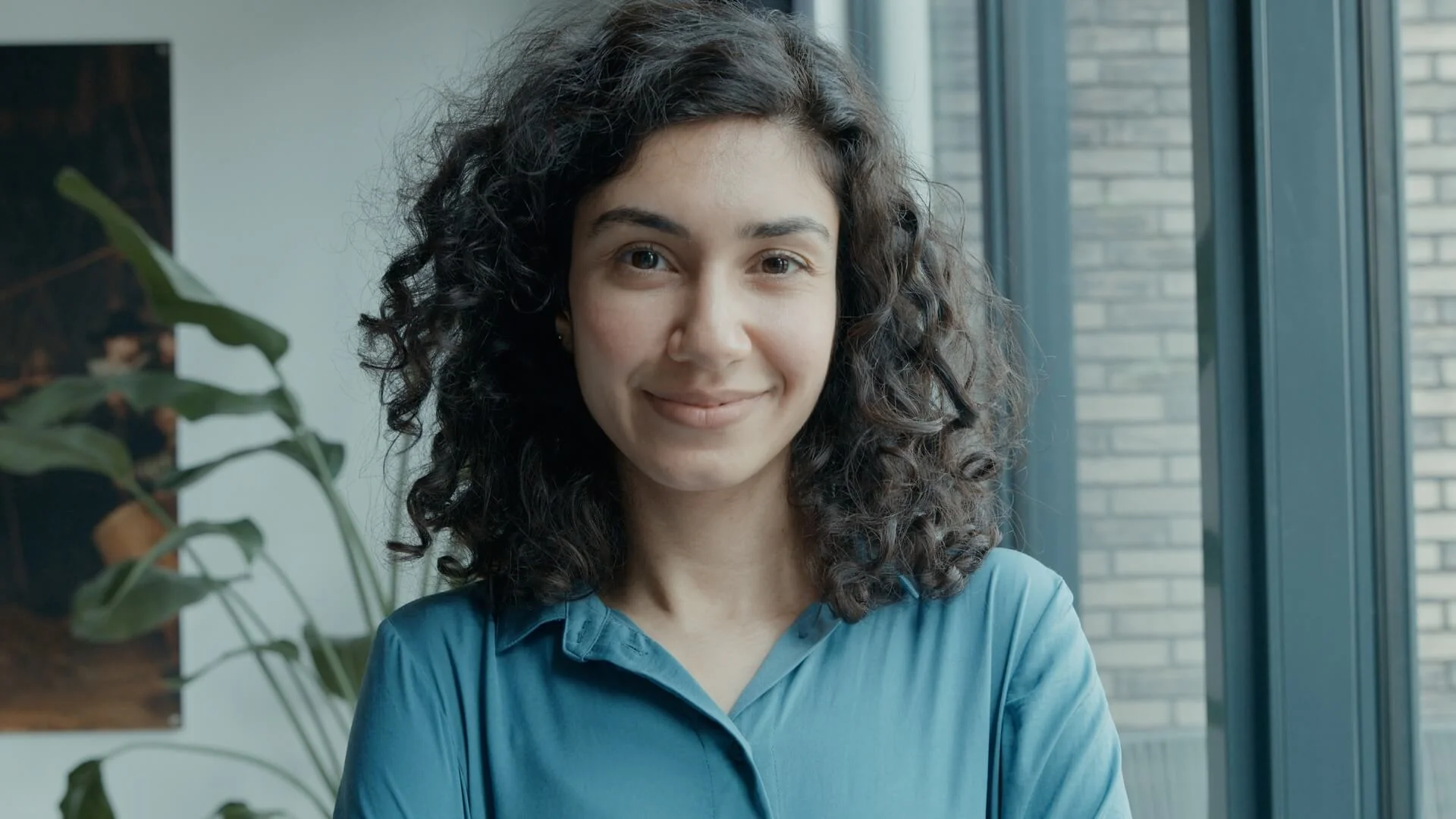
If you or someone you love is using painkilling medication unnecessarily, then it’s clear that there is a problem at hand.
Many people become mentally absorbed into thinking they are experiencing some form of pain and therefore use analgesic medication continuously.
One of the first steps to recovering from a painkiller addiction is knowing what the signs and symptoms are and what can be done to stop it. Below, you will be able to find out these key factors.
What are Painkillers?
Painkillers are medication aimed at relieving discomfort and unpleasantness for those suffering from injury, illnesses and other ailments.
When an individual becomes physically dependent on it, the person cannot stop using the drug no matter whether they want to or not.
This is due to the withdrawals symptoms that are suffered when the drugs are not readily available, which are caused by the brain and body.
The brain increases the number of receptors due to the constant availability of pain medication in the body, which causes its nerve cells to stop working normally.
The body the reacts by halting its manufacturing of endorphins, which are the natural painkillers found inside the body, due to the fact that there is already painkilling medication available.
Because the nerve cells in the brain has now stopped working, they body becomes dependent on the medication and causes painful effects on the body when the medication is unavailable.
In actual fact, once an individual becomes addicted, they are only using the drugs to avoid the withdrawal symptoms that might be experienced.
Signs and Symptoms of Painkiller Addiction
As mentioned above, one of the most common symptoms is using the drug unnecessarily and long after the prescribed dosage period.
Another indicator to look out for is when an individual complains about strange and unrelated symptoms in order to obtain the medication.
Lack of interest in other treatment methods, mood and behavioural changes, muscle and joint pains, sweating and sleeplessness are all things hat can be experienced due to excessive use of painkilling drugs.
Other symptoms include increased tolerance (using more of the drug to achieve an effect that was once experienced from low dosages), excluding and neglecting loved ones and financial problems may also be experienced as pain medication can be expensive.
Painkiller Addiction Treatment
It’s important to understand that addiction is a disease and like with any other illness, it has to be treated medically.
A stay at a rehabilitation center is key as it will help the individual get off the drugs and the length of stay will vary from person to person depending on the nature of the addiction.
A supervised medical detoxification may be done in order to ease or remove any withdrawal symptoms that may be experienced and various forms of counselling and therapy will be done in order to teach you about the addiction and how use of the drug can be avoided.
Once the residential stay has been completed, Secondary care is available, some in the form of Halfway Houses, which prepare the individual for a return into society.
Tertiary care is also available for those who want to continue their treatment, as it will help the individual in maintaining a sober and drug free lifestyle.
If you need helping finding the best treatment for you or a loved one, please call us now and we will gladly assist you!